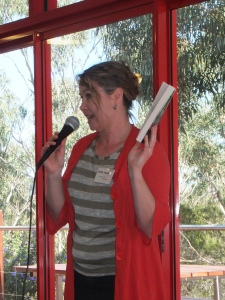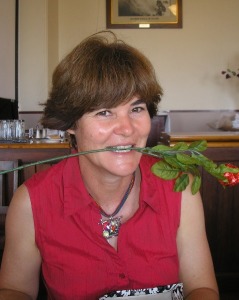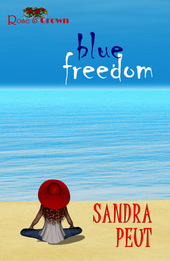 Do you come away from conferences and retreats inspired, full of enthusiasm and ready to squeeze the very best out of your area of interest? Maybe it’s just me, but when people with a common focus gather, there’s something energising about it. And with a writers’ conference and creative retreat within a week of each other in October, and a writers festival and retreat in November, I’m feeling pretty excited.
Do you come away from conferences and retreats inspired, full of enthusiasm and ready to squeeze the very best out of your area of interest? Maybe it’s just me, but when people with a common focus gather, there’s something energising about it. And with a writers’ conference and creative retreat within a week of each other in October, and a writers festival and retreat in November, I’m feeling pretty excited.
So what is this power of ‘some’? From my perspective, I think it can be easy to feel isolated in certain aspects of a field of discipline, as if the challenges and frustrations faced in a given area of interest are ours alone. By sharing information, encouragement and the highs and lows of our everyday journeys, it can be refreshing to realise we’re not the only ones facing similar challenges.
Likewise, when we want to celebrate achievements, what better way to do it than with others who understand the steep, winding road it’s taken to reach our goal? There’s such a buzz around that kind of thing when shared with others who ‘get it’.
And then there’s the learning. I don’t know about you, but each time I find myself at an event focussing on a particular discipline, I also come away feeling resourced with new skills and insights. It doesn’t matter how long I’ve been in a particular field, there’s always more to learn, which certainly keeps things from getting mundane.
I’d love to hear the thoughts and experiences of others who’ve ‘gathered’ lately, and if you’ve not been on a power-of-some adventure recently, why not see if there’s an event of interest coming up. If it’s anything like the ones on my calendar, you’ll be pleased you made the effort to attend.




